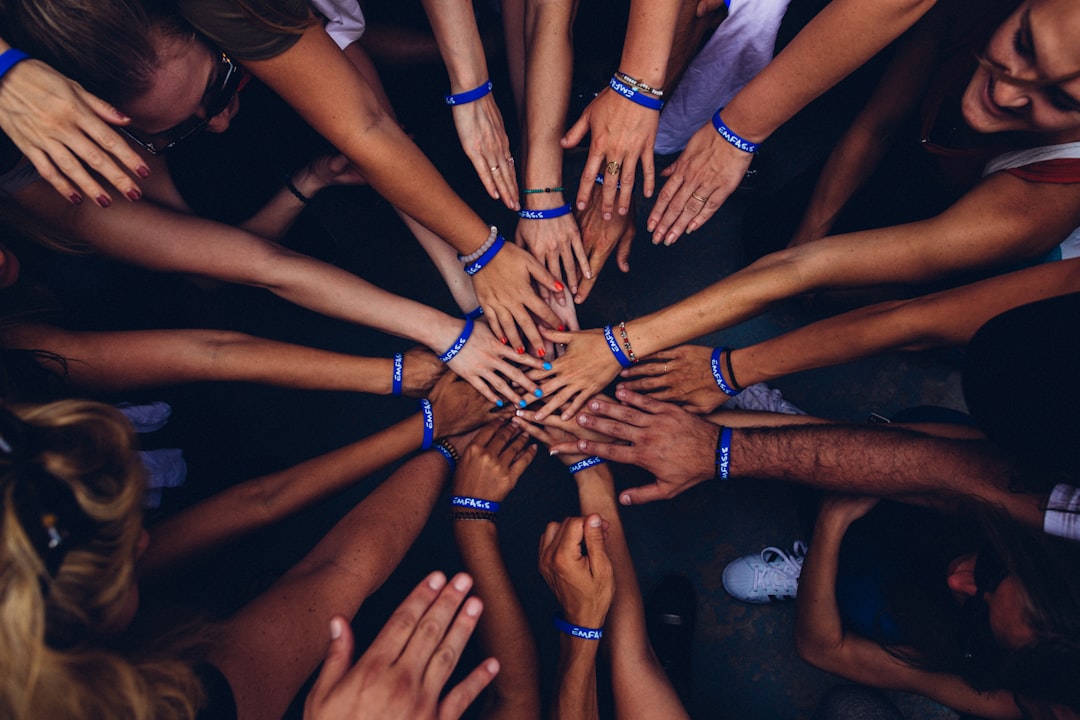What is it about?
Everyone has the right to be able communicate their thoughts and experiences and learn from the world around them. At school, most of the information that is shared happens through teachers talk or written text. For some students, especially those with speech, language and communication difficulties, they find it hard to understand what people say or what they read. They also might find it hard to express themselves or share what they have learned. In inclusive schools, listening to students, collaborating with speech pathologists and using student's strengths can help uphold a student's human rights.
Featured Image
Why is it important?
This year, we celebrate the 70th anniversary of the Universal Declaration of Human Rights. This is a time when we can reflect on our rights. Also, communities can seek to empower others, who may be at risk of not being able to fully realise their rights.
Perspectives
Students with speech, language and communication difficulties know what helps them to learn. We often need to make time to ask and think about how we ask, to make sure they are heard. Teachers, parents, allied health professionals (such as speech pathologists) can work together to be responsive to children's views, thus upholding their right to communicate.
Ms Haley Tancredi
Queensland University of Technology
Read the Original
This page is a summary of: Advancing the human rights of children with communication needs in school, International Journal of Speech-Language Pathology, November 2017, Taylor & Francis,
DOI: 10.1080/17549507.2018.1395478.
You can read the full text:
Contributors
The following have contributed to this page










